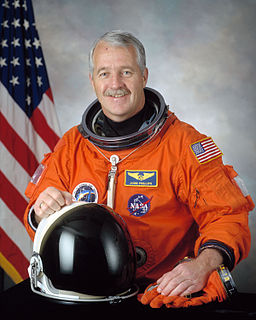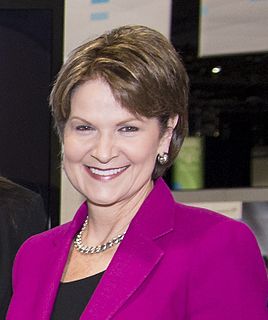A Quote by Scott Kelly
Going to Mars is a bunch of baby steps, and it started off with the first human in space, Yuri Gagarin.
Related Quotes
Space travel is the only technology that is more dangerous and more expensive now than it was in its first year. Fifty years after Yuri Gagarin, the space shuttle ended up being more dangerous and more expensive to fly than those first throwaway rockets, even though large portions of it were reusable. It's absurd.
I was only in second grade when the Russian Cosmonaut Yuri Gagarin became the first man in space. The night of his launch - April 12, 1961 - I went out onto the front porch and stared up at the stars, trying to see his capsule passing overhead. Like millions of others, I was enthralled by the idea of space exploration and have been ever since.
The Americans are still the leaders in human space flight. I feel we have a danger here of kind of stagnating. We're kind of resting on our laurels and there's a danger going forward if we don't take bold steps to really support human space flight in this country that we could fall behind. After the space shuttle is retired, we're going to have a big gap, five to seven years, at least where we're not going to have the ability to send our own astronauts into space, we'll have to buy rides on the Russian Soyuz, and so that will be a pretty big step down for us.
Astronauts will remain the explorers, the pioneers-the first to go back to moon and on to Mars. But I think it's really important to make space space available to as many people as we can. It's going to be a while before we can launch people for less than $20 million a ticket. But that day is coming.



























